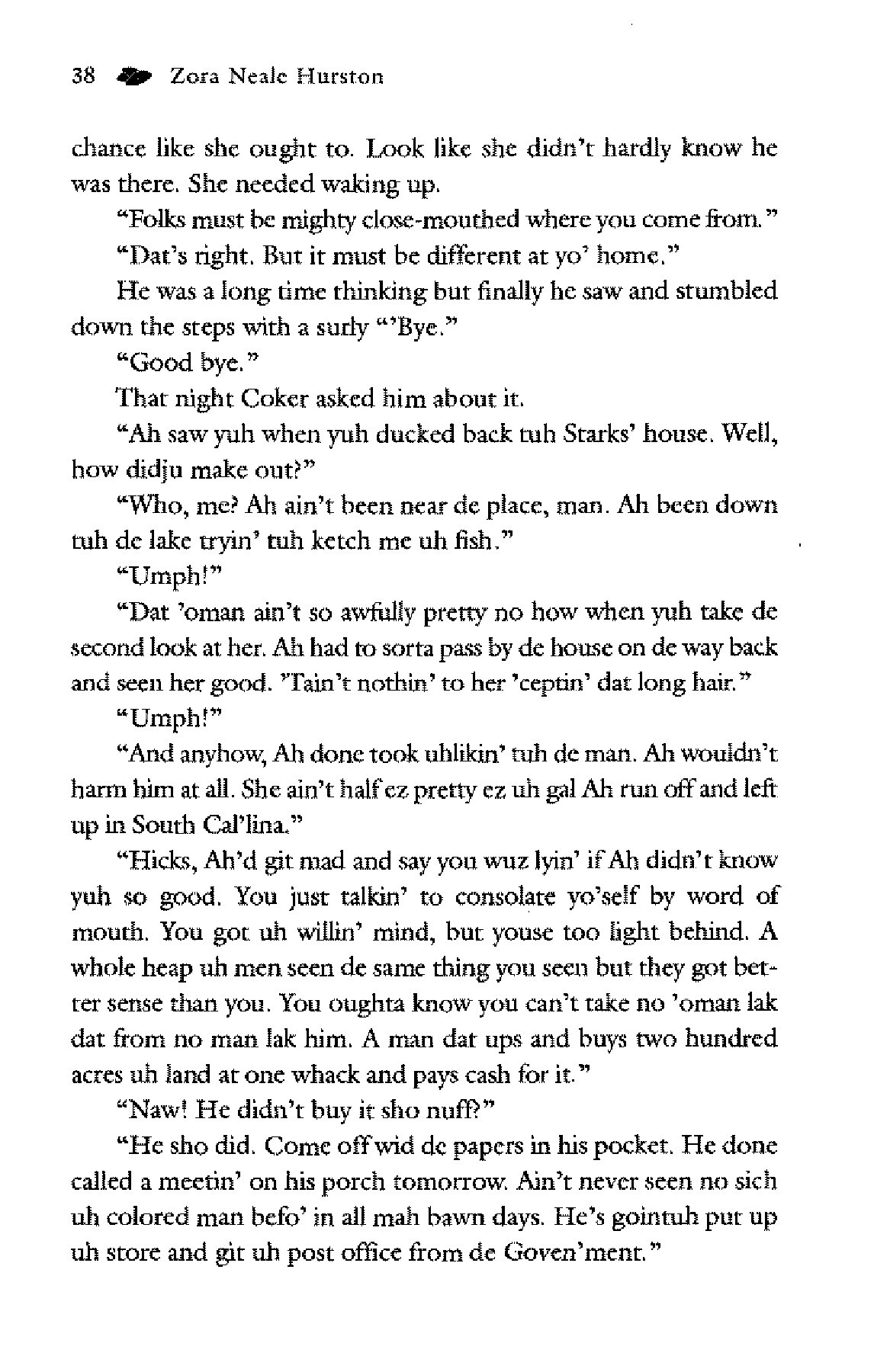The Silenced Dialogue by Lisa Delpit
Reflection:
I can best describe reading this article as gaining a new vocabulary. Many of Delpit's points are ideas I have seen alluded to before, or concerns I have had myself, but I have never seen them put together and discussed in such an effective way. As excited as I am to teach, one of my main concerns has been how to effectively interact with students who do not share my own background. I am very much, at least demographically, one of the White, middle-class, liberal/progressive teachers who tend to ignore input from those in minority groups. I do not want to be one of those teachers. I want to respect my student and colleague's ideas, regardless of how they align with my own. It's common knowledge that there are multiple learning styles, so why can't there be multiple effective teaching styles as well? As interesting as learning the theory behind education and development is, it cannot completely dictate what happens in the classroom. Some of the best educators I have seen are people who do not know about Vygotsky or Piaget, but know how to connect with students.
I also think that discussing matters of cultural power in the classroom is simply responsible teaching. One of the main purposes of public education is to make students responsible citizens, so giving them the necessary tools to function in society should be a given. It may be unpleasant to discuss, but who does and does not implicitly have power is part of it. As Delpit references, acknowledging that power can make those who have it uncomfortable, leading to pushback. Alternatively, some do not recognize it and internalize a deficit model. In my volunteering experience, for example, I have regularly seen parents who cannot volunteer deemed as uncaring or lazy for not taking more of a role in their child's education (always said by White, middle-class parents). Those working-class parents receive a lot of flak just because their parenting differs from the White, middle-class standard. Working-class parents, though, don't have the same resources as middle-class parents, meaning that they have to raise their children differently to function in a different role.
On the flip side, I have seen students dismiss writing not done in standard English as a waste of time. One of my favorite assigned books in high school was Their Eyes Were Watching God, which heavily features written dialects. My class of White, middle-class students all dismissed the book as uninteresting or too difficult because it did not fit into the structure we were used to. The book addresses heavy themes, much heavier than what is regularly discussed in K-12 schools, all from the perspective of a Black woman. It was a unique educational experience, and one I treasure for expanding my horizons. Experiences like that shouldn't be viewed as threatening or wrong because they do not fit the status quo.
 |
| This page from Their Eyes Were Watching God by Zora Neale Hurston demonstrates the heavy dialect in the novel's dialogue. |
Question to Share:
From what I can tell, some of the issues with disregarding the voices of minority teachers is implicit bias, or biases that someone may not even be aware they have. Delpit references that some approaches can, intentionally or not, ignore the intelligence and critical thinking skills of those in minorities. How can we recognize and check our own biases in the classroom to make sure we respect the ideas of our students and colleagues?


Excellent post, Emily. I love your references to deficit thinking and the link to the Lareau piece is one I know well!
ReplyDeleteI agree with understanding our own biases!!!
ReplyDeleteI relate to what you're sayin in this post. I find it inspiring how much you want to put your students first!
ReplyDeleteHi Emily, I loved your reflection; it's pretty comprehensive and focuses quite well on what Delpit meant. Great work.
ReplyDelete